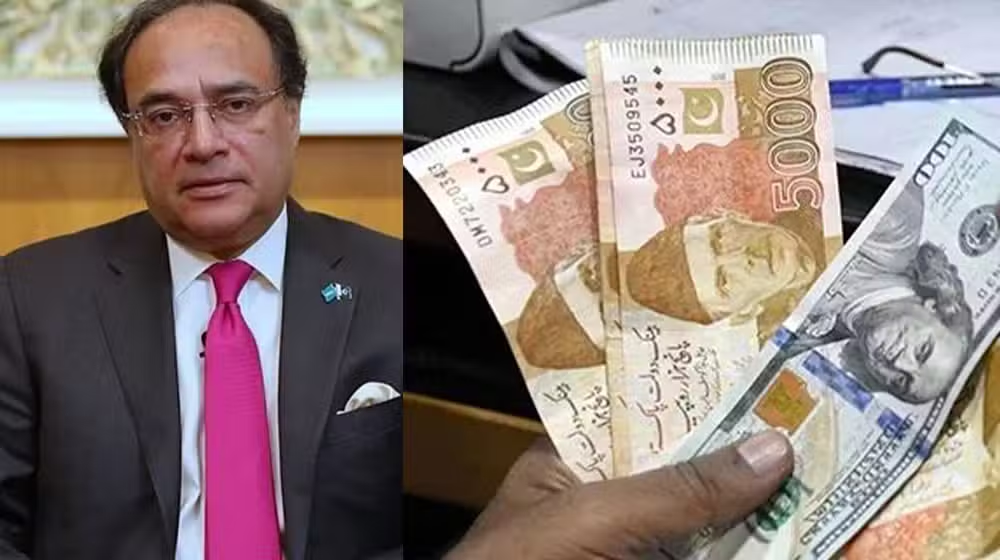The IMF has proposed a new standard individual income tax rate of up to 45 percent on agricultural income, a key requirement for Pakistan’s new bailout program. According to the Express Tribune, the IMF has set an October 2024 deadline for aligning provincial laws with federal income tax laws and eliminating existing income tax exemptions for the livestock sector by October this year. Currently, constitutional provisions grant provinces the exclusive power to impose taxes on agricultural income, which the federal government cannot directly tax.
To comply with the IMF’s demands, provinces are urged to adopt federal tax rates applicable to non-salaried business individuals, set at 45 percent of net income, which rises to 50 percent with surcharges. The IMF insists on applying this 45 percent rate to agricultural income as well.
READ MORE: PTA and FIA Act Against Online Blasphemous Content
The World Bank estimates that taxing agricultural income could generate revenue equivalent to 1 percent of Pakistan’s GDP, amounting to Rs. 1.22 trillion. Despite some resistance to the high tax rates, provincial governments have largely agreed to the IMF’s conditions.
The IMF’s stipulation requires provinces to revise their agricultural income tax frameworks to mirror federal personal income rates, with corporate farming subject to corporate income tax rates. Furthermore, provincial governments must end the current income tax exemption for livestock income by October.
From January 2025 onwards, provinces must begin collecting up to 45 percent of agricultural income tax to meet the IMF’s requirements. Any provincial government unable to do so must authorize the Federal Board of Revenue to collect the tax until a provincial mechanism is established. Presently, provincial tax rates for agriculture vary widely. In Sindh, for instance, incomes up to Rs. 1.2 million are tax-exempt, with rates ranging from 5 percent to 15 percent for higher incomes. In comparison, salaried individuals pay a 35 percent tax on an annual gross income of Rs. 4.1 million, highlighting perceived inequities in the tax burden.
The IMF argues that these new tax measures will create parity in the income tax system by ensuring agricultural income is taxed similarly to other sources of income.




